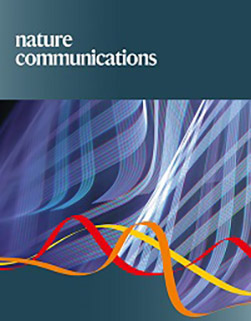Agro-ecosystems, which consist of the plants that are used for food, fiber, fuel, clean air, and fresh water, are especially vulnerable to the fluctuations in their environment. Researchers in the Genomic Ecology of Global Change (GEGC) theme study how changes in gene networks affect plants when they are challenged by elements of global change, including elevated atmospheric carbon dioxide and ozone, increased drought, and altered interactions with insects and plant pathogens. Theme researchers also work to formulate mathematical models that can predict how plants will respond to these changes and make suggestions on how to manage and improve the health of various agro-ecosystems.
Recent Publications from GEGC
View full list of publications from GEGC
From Leaders of the Theme
The University of Illinois Urbana-Champaign has the only facility in the world that can study the interacting effects of and rising levels of carbon dioxide and ozone with biotic and abiotic factors on plants under open-air conditions. IGB researchers are in a unique position to examine the effects of global atmospheric change on the transcriptome and metabolome of agro-ecosystems.
Theme research focuses on agro-ecosystems with significant economic impact, which could potentially lead to the development of biorational products for agricultural pest and disease management. Further benefits may include improved quality of ecosystem health, and a better understanding of the environmental implications of various energy supply options. Realizing Increased Photosynthetic Efficiency (RIPE), Plants Engineered to Replace Oil in Sugarcane and Sorghum (PETROSS), Transportation Energy Resource from Renewable Agriculture - Mobile Energy-Crop Phenotyping Platform (TERRA-MEPP), and Water Efficient Sorghum Technologies (WEST).






